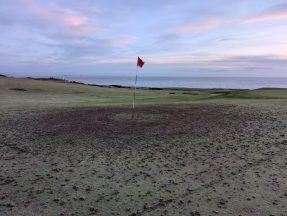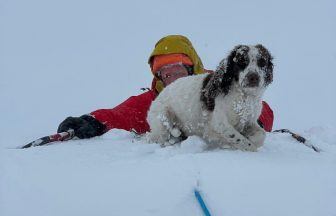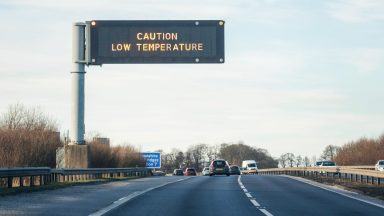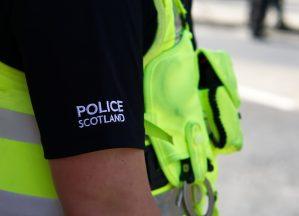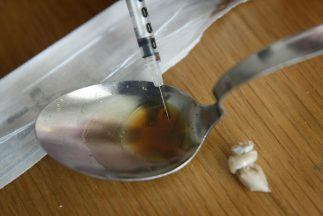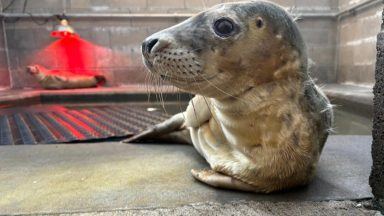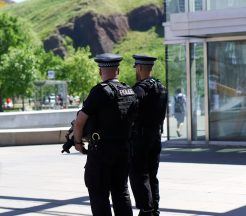Ministers have been threatened with legal action if they do not shut down the fishing of a “vital” species in marine protected areas.
The Sustainable Inshore Fisheries Trust (SIFT) said the fishing of wrasse risks the ecological integrity of reefs and kelp forests in Scotland’s waters.
The organisation has written to Rural Affairs Secretary Mairi Gougeon urging her to ensure the law is being followed.
The group says wrasse have in previous years been trapped in large numbers and used by the salmon aquaculture industry as cleaner fish in open-cage fish farms where they eat the lice.
SIFT said the Scottish Government has allowed the fishery to operate without effective catch limits, without stock assessments and with a closed period which does not align with the wrasse spawning season.
The organisation said fishing had even been allowed in Marine Protected Areas and Special Areas of Conservation.
A 2020 academic paper, commissioned by NatureScot, found the “impacts to these species are not consistent with the duty to protect these features”.
SIFT said that despite this, the fishery was allowed to continue in protected areas.
Environmental Standards Scotland was asked to investigate this situation, and ministers conceded that they should have conducted a formal assessment of the impact of this fishery on notionally protected areas.
The fishery is currently being reviewed by NatureScot and Scottish Government ahead of the May 1 date on which the fishery has been opened in previous years, according to SIFT.
Charles Millar, executive director of the group, said: “Five years ago NatureScot commissioned research which showed that the wrasse fishery should not be permitted within protected marine habitats.
“This advice was ignored, and in the meantime, millions of these ecologically important fish have been removed to serve the aquaculture sector.
“Local eradication of wrasse populations is not just an ecological concern: the habitats they protect are also vital nursery grounds for our commercial fisheries.
“Sooner or later the practice of describing areas of our seas as protected while allowing destructive activity in them will have to end.
“The future of Scotland’s wrasse populations will be determined in the next two weeks, but the Scottish Government has yet to publish NatureScot’s advice.
“If ministers do intend to ignore their legal duties, there will be very little time for Parliament and Environmental Standards Scotland to hold them to account.
“This process is opaque at best, and if the fishery is not closed in the relevant protected areas, it could result in a legal challenge.”
Dr David Bailey, of the University of Glasgow and a senior author of the 2020 paper commissioned by NatureScot, added: “Five years ago, our research established that wrasse are typical species for a range of protected marine habitats, and that has legal as well as ecological implications.
“As we advised NatureScot at the time, the impacts of this fishery are simply not consistent with ministers’ duty to protect those habitats.
“It may be the case that a well-managed wrasse fishery could take place on a sustainable basis outside protected areas but establishing that would require research which cannot even be done, as the locations where wrasse fishing has taken place have not been shared with us.
“However, both the ecology and the law point in the same direction now.
“The fishery must be closed within protected areas if we want these key species to survive in Scotland’s waters, and if we want to ensure the integrity of internationally important reef ecosystems.”
A Scottish Government spokesperson said: “The Scottish Government has commissioned Seafish to undertake initial scoping work to help inform our approach to fisheries management plans for non-quota species, including wrasse.”
Follow STV News on WhatsApp
Scan the QR code on your mobile device for all the latest news from around the country


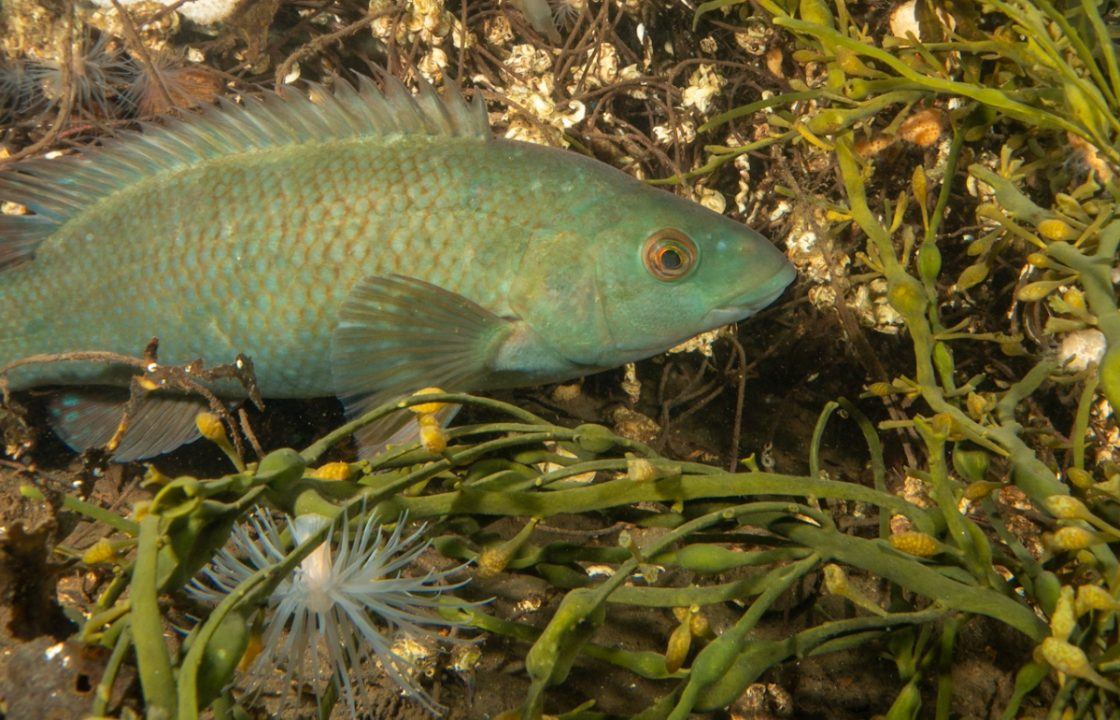 PA Media
PA Media




